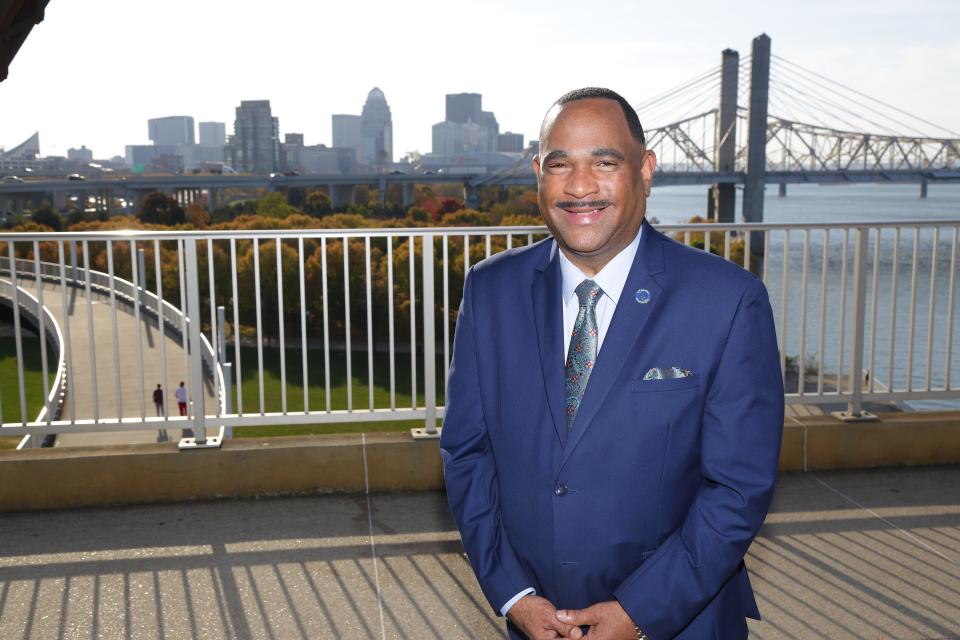Water is part of everyday life. We drink it, shower in it, rinse it and deflect it with umbrellas. Managing that water and its impact on health, safety and quality of life after it is used in our homes and businesses or falls to the ground is MSD’s job every day.
MSD provides three water-focused utilities in one agency: wastewater collection and treatment, stormwater management and flood protection in the Ohio River. If any of these functions fail or are left unattended, the consequences could be catastrophic.
MSD is balancing the priorities of maintaining and upgrading aging infrastructure and facilities – some built more than 100 years ago – with the investments we are required to make under a U.S. EPA consent decree to reduce sewer overflows that pollute waterways during periods of heavy rain. We also continue to reduce odors, which occur naturally as a result of wastewater collection and treatment.
Rising costs mean higher water bills
Rising labor and insurance costs, inflation and supply chain issues challenge our work. To meet these needs, the MSD Board has approved an increase of $5.19 per month to the average monthly bill of a customer in Louisville, effective August 1.
Gerth: Tearing down the sewer line was a worthless decision that held Valley Station back for years
We do not take the impact of a rate increase lightly and we are working hard to manage and improve our system in a fiscally responsible manner.
We continue to serve lower-income customers who may need help paying bills by funding the Emergency Wastewater Rate Assistance Program and the Senior Citizens Discount Program. Thanks to these programs, more than 10,000 households receive a 30% discount on their wastewater bills.
While rates in Louisville remain competitive with regional cities, I would like to provide some context to our budget.
Our system needs improvements. Odor is a big problem.
The capital improvements required for our system total $298.8 million for fiscal year 2025, with 90% of the funding work required by federal or state regulations. MSD will make critical investments in 208 projects across the community. The budget includes $74.2 million to replace $241.5 million for the Paddy’s Run Flood Pump Station, which protects 214,500 people, 70,000 homes and 60 businesses.
Kentucky Politicians Speak Out: Federal policies are endangering our reliable electric grid.
One of our biggest challenges is smell. Odor is a natural and unavoidable consequence of millions of gallons of sewage being washed through this community and dumped down the drain every day. MSD uses biological filters, chemical treatments and thermal oxidation in our treatment plants to reduce odor, and we systematically invest in improved odor control processes. By May 2025, we will replace nearly 300 outdated catch basins with new ones equipped with odor-reducing traps, and include an additional 800 in future budgets as part of our odor control initiative.
Nothing is more fundamental to life than water. Safe, clean waterways contribute to the health, livability and vibrancy of our community, and we strive to provide our services as effectively and efficiently as possible to the citizens we serve.

James A. Parrott (Tony Parrott) serves on the Board of Directors of the National Association of Clean Water Agencies (NACWA), representing Region 4, and is Chairman of the Water Agency Leaders Alliance.
This article originally appeared in the Louisville Courier Journal: MSD to increase Louisville residents’ water bills, cover rising costs






